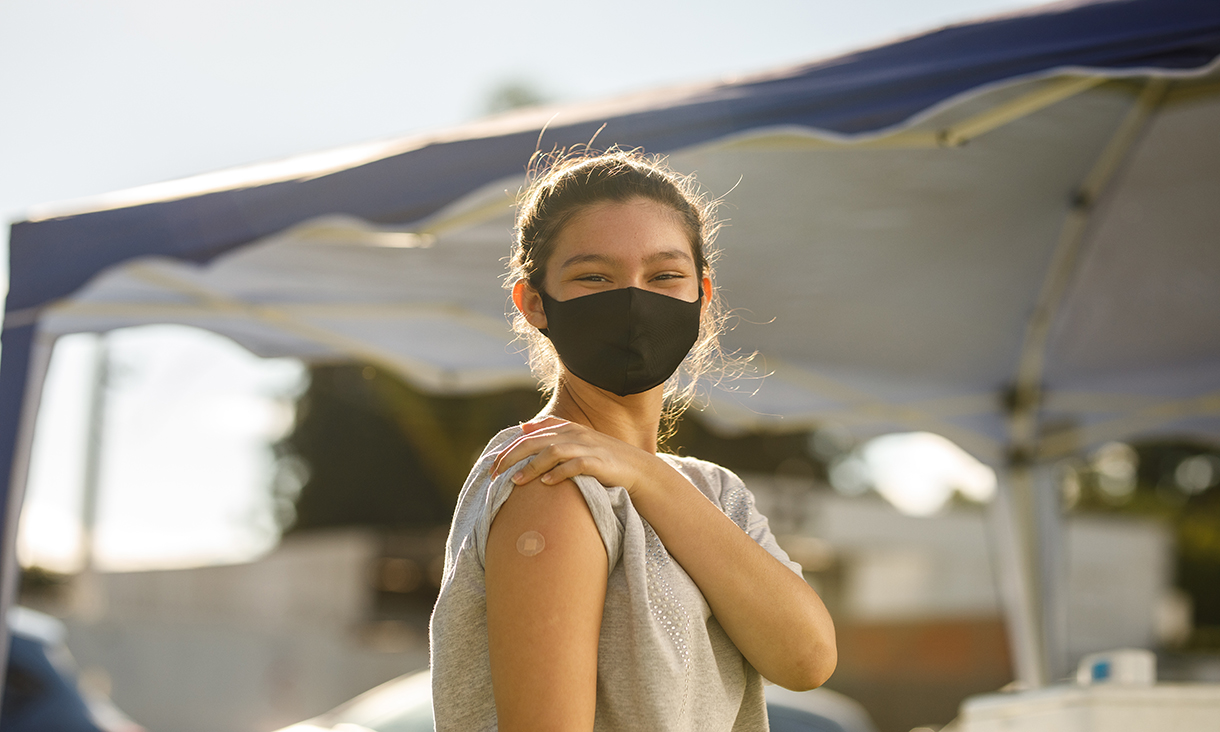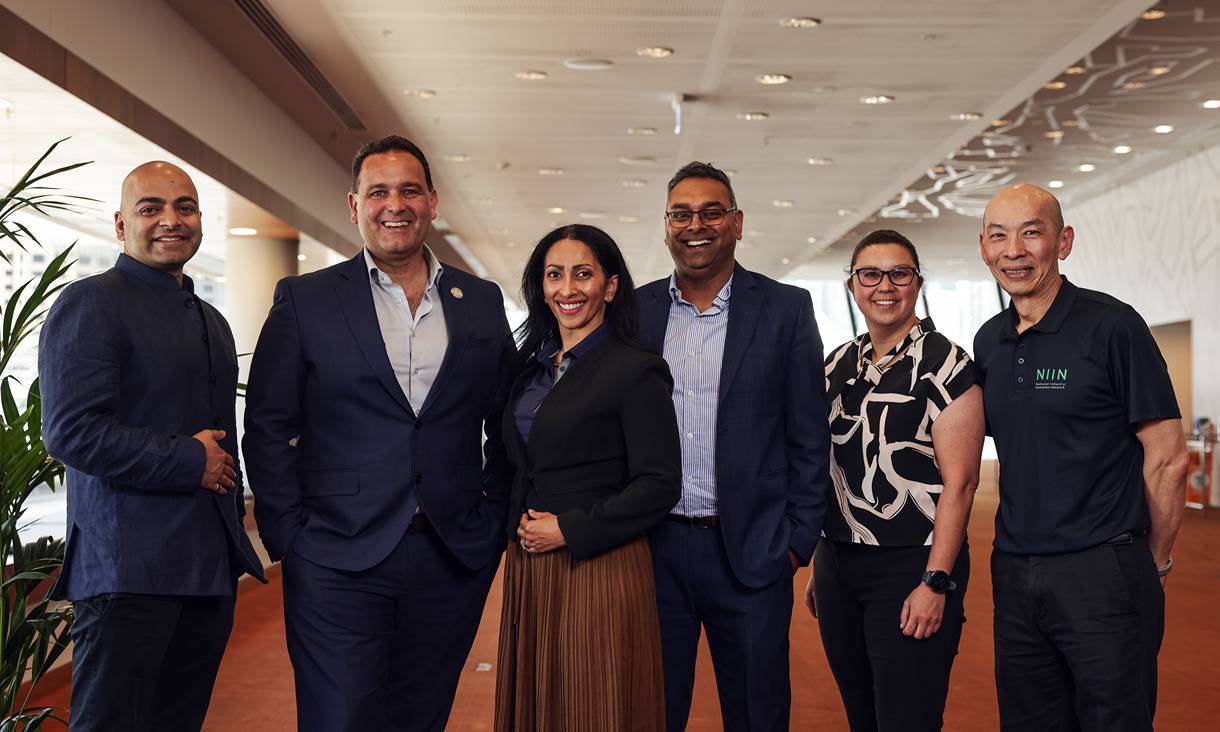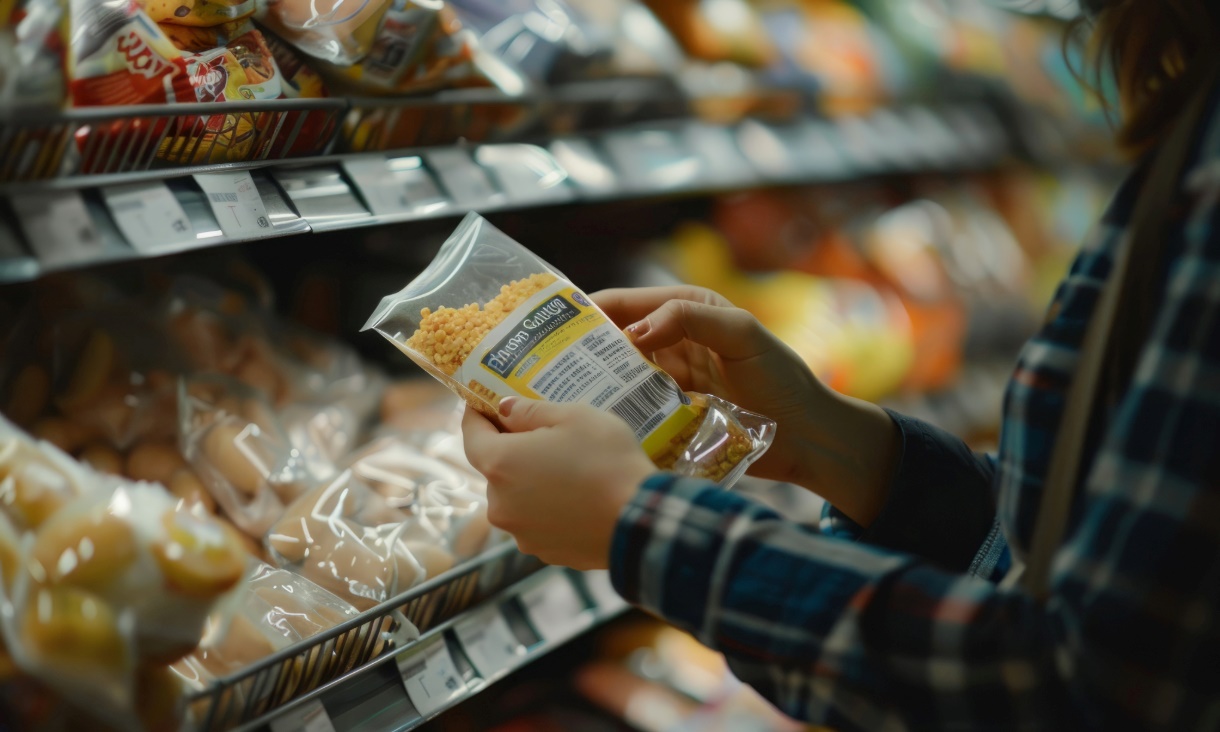COVID vaccines here for the long term
Consumer behaviour and design expert, Dr Janneke Blijlevens said COVID vaccines are going to be here for years to come so we’ll need a longer term solution to encourage vaccine uptake.
“Cash incentives are extrinsic motivators and might nudge people to do something but it’s not going to make any difference in the long term,” she said.
“It’s important to look at people still sitting on the fence and empathise and really understand why they aren’t getting vaccinated.
“We need to look at what people want, what they feel their lives are currently missing and how we can build that knowledge into a solution or incentive.
“We’ve all got basic human needs. If we can tap into these, we’ll see people not just getting vaccinated once, but every year because it helps them to achieve those basic needs. Vaccinations become a mere means to an end, with the end being an inherent need being fulfilled.
“So if it’s social connection people want, we need a solution whether it’s a marketing campaign, product, app or service that allows you to get that connection through getting vaccinated.
“The New Zealand campaign is a great example as it sends the clear incentive and message that you’ll be able to connect with your loved ones again once you’re vaccinated.
“Another example would be creating social opportunities at specific community group vaccine sites. So people can have a cup of tea and a chat with others they usually enjoy socialising with once they’ve had their vaccination and are waiting for the all clear from doctors and nurses.
Opt-out appointments are a solution
Dr Meg Elkins said most of those who are hesitant are waiting for more information or a better option.
“But really the decision to take the vaccine in the current climate is not completely rational - contagions and scare campaigns create uncertainty.
"A $300 cash incentive will change the nature of the transaction from a good deed to a market transaction. So instead of taking a vaccine to help and protect fellow citizens it now becomes about a monetary exchange.
"There is also an irony linking unhealthy incentives such as donuts, beer, and fast food to vaccination choices. This is seemingly inconsistent and undermines the credibility that vaccines are a healthy option.
"The missing element here is the need to create frictionless appointments through a default option.
“Behavioural economists know the most powerful policy option is to offer appointments that citizens opt out of rather than opting into.”
Role of brands if incentive path taken
Marketing expert Dr Amanda Spry suggests if we do use vaccination incentives , we need to look at the role of brands and businesses in achieving the target of 80 per cent of Australians being vaccinated by the end of the year.
“We know brands can have a strong influence in driving political activism and social change,” she said.
“Airlines and other businesses in the travel industry are already stepping up with vaccine incentives.
“This is no surprise given they have been hit hardest by the pandemic and, therefore, have the most to gain from Australia hitting its vaccination target.
“Luxury Escapes is rewarding vaccinated Aussies with travel vouchers, while Virgin Australia is leveraging a clever brand name tie-in with its ‘VA-X and Win’ promotion. Qantas is urging other brands to incentivise the jab. This is a win-win for brands as they contribute to vaccine targets and boost their public image.
“Where people perceive government has failed to solve a problem, like the vaccine rollout, they look to other institutions like brands to deliver effective and innovative solutions.
“Achieving this vaccination target may be no different. What's key is that brands do this authentically and get the community and other stakeholders involved to really help drive the change.”
Story: Kate Milkins and Amelia Harris





